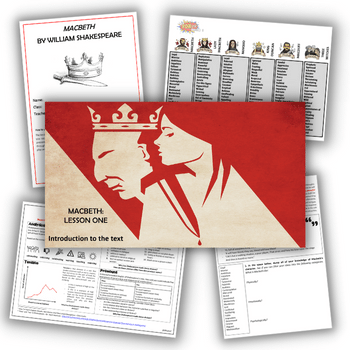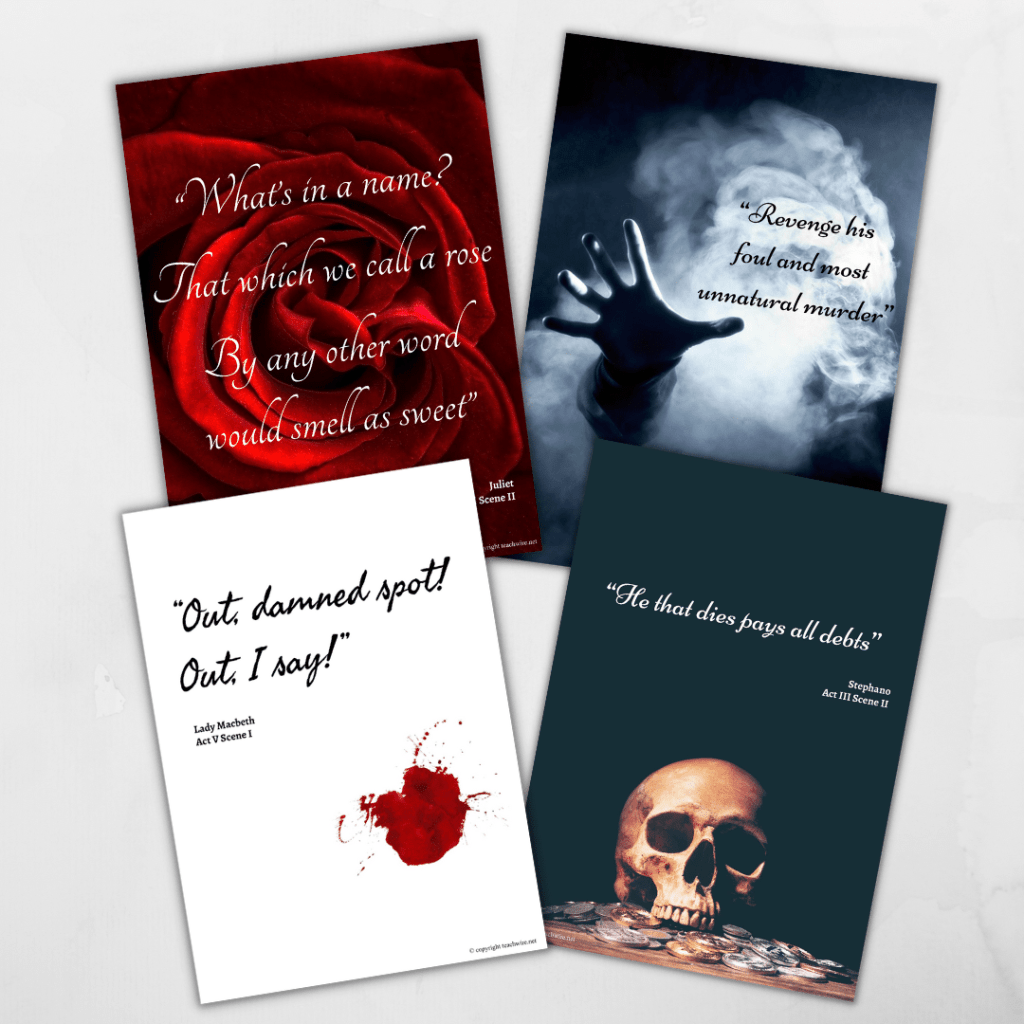Feste – 6 Twelfth Night quotes that help you understand the play

There’s plenty of wisdom to be found in the words of Twelfth Night’s professional fool, as Helen Mears’ selection of significant lines shows…

- by Helen Mears
- English teacher and British Shakespeare Association education committee member

Who is Feste?
Feste is Olivia’s professional fool. He epitomises Shakespeare’s later ‘philosopher-fools’. Shakespeare wrote him for Robert Armin to play. Armin was a skilled comic actor who replaced the improviser and jig specialist, Will Kemp, in the acting troupe.
Feste has an almost omniscient role in the play, revealing the foolishness of those around him. We can see him as representing the spirit of Twelfth Night festivities. This was when the social order was turned upside down through traditions such as the Feast of Fools and the election of a Lord of Misrule.
Self-aware
“Better a witty fool than a foolish wit.”
(Act 1, Scene 5)
This is Feste’s most famous quote and one that summarises his position within the play perfectly. He may not have the social status of the other characters, but he is witty and self-aware, and he sees their follies. Only Viola is able to match him intellectually.
Judging a book by its cover
“cucullus non facitmonachum; that’s as much to say, as I wear not motley in my brain.”
(Act 1, Scene 5)
The Latin phrase translates as ‘the cowl makes not a monk’. This is an Early Modern equivalent to the phrase ‘don’t judge a book by its cover’.
Feste is saying that just because he is employed as a fool it does not mean that he is stupid. He may wear the motley of a jester but he is worldly-wise.

Free Shakespeare quote posters and worksheets for KS3/4
Whether you’re reading Macbeth, Romeo & Juliet or The Tempest, decorate your class with these colourful key quote posters for students to analyse…
Outside social boundaries
“The more fool, madonna, to mourn for your brother’s soul being in heaven.”
(Act 1, Scene 5)
This is an example of Feste’s awareness. He sees the foolishness of Olivia’s stubborn mourning for her brother when, we can argue, he is in a better place.
His role as a fool allows him to say to her what other Shakespearean characters cannot, because he exists outside of social boundaries.
Unchanging
“Youth’s a stuff will not endure.”
(Act 2, Scene 3)
Although Feste’s dialogue is peppered throughout with wit, there is a melancholy tone to much of it. His songs repeatedly refer to winter, ageing and death.
This may reflect his role as an outsider; although the outcome of the play has an impact on every other character, he is untouched by it. His life will not change.
Speaking truth to power
“The tailor made thy doublet of changeable taffeta, for thy mind is a very opal”
(Act 2, Scene 4)
This is another example of Feste being able to tell a high-status character a truth that others are afraid to say.
He sees Orsino as fickle and changeable and perceives that, like a typical courtly lover, he is in love with an unobtainable beloved. Much like Romeo, he is in love with the idea of being in love.
Omniscient awareness
“Foolery, sir, does walk about the orb like the sun, it shines everywhere”
(Act 3, Scene 1)
Again we see Feste’s omniscient awareness. He knows that although he is the one who carries the title of Fool, there are many more foolish characters than him populating the play.
The audience may relate to this as we see the behaviour of the other characters and see how easily they are fooled by tricks and disguises. Feste serves as our representative in the play.
Helen Mears is an English teacher who sits on the education committee of the British Shakespeare Association. Follow her on Twitter at @shakesmears. Browse our Shakespeare Week resources.







